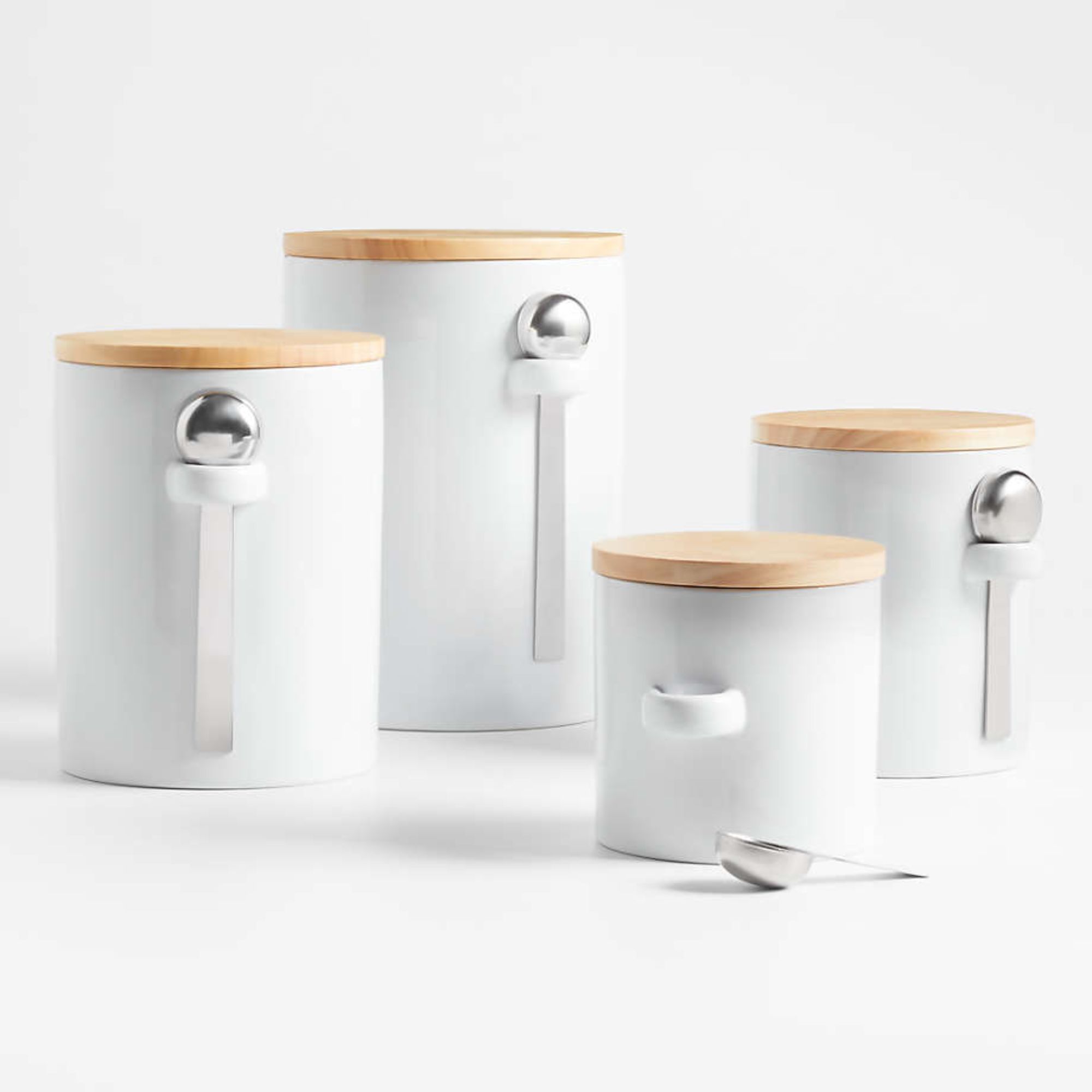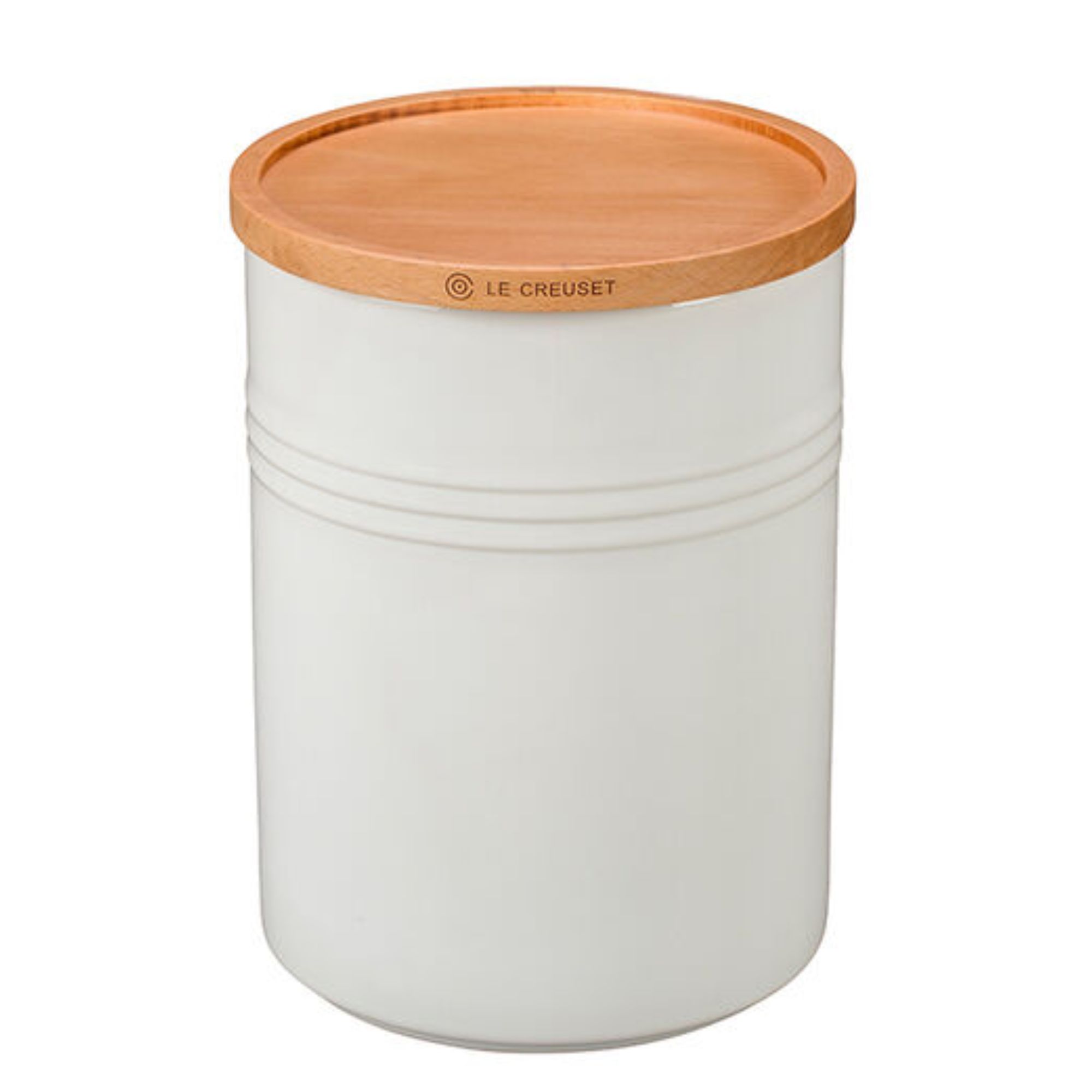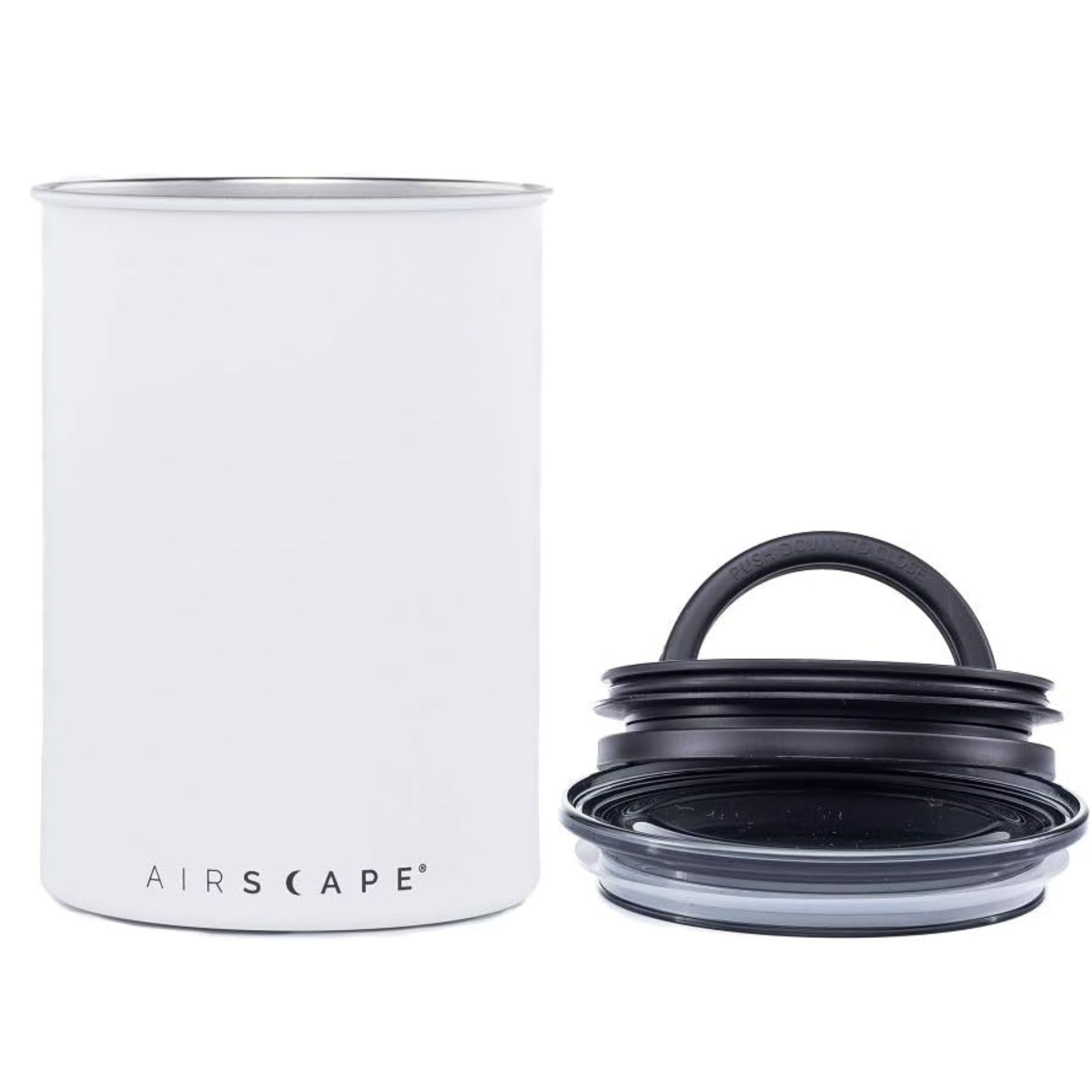'Never keep your coffee grounds in the fridge' – a barista's tips for how to store coffee grounds
Are you team pantry or team freezer?

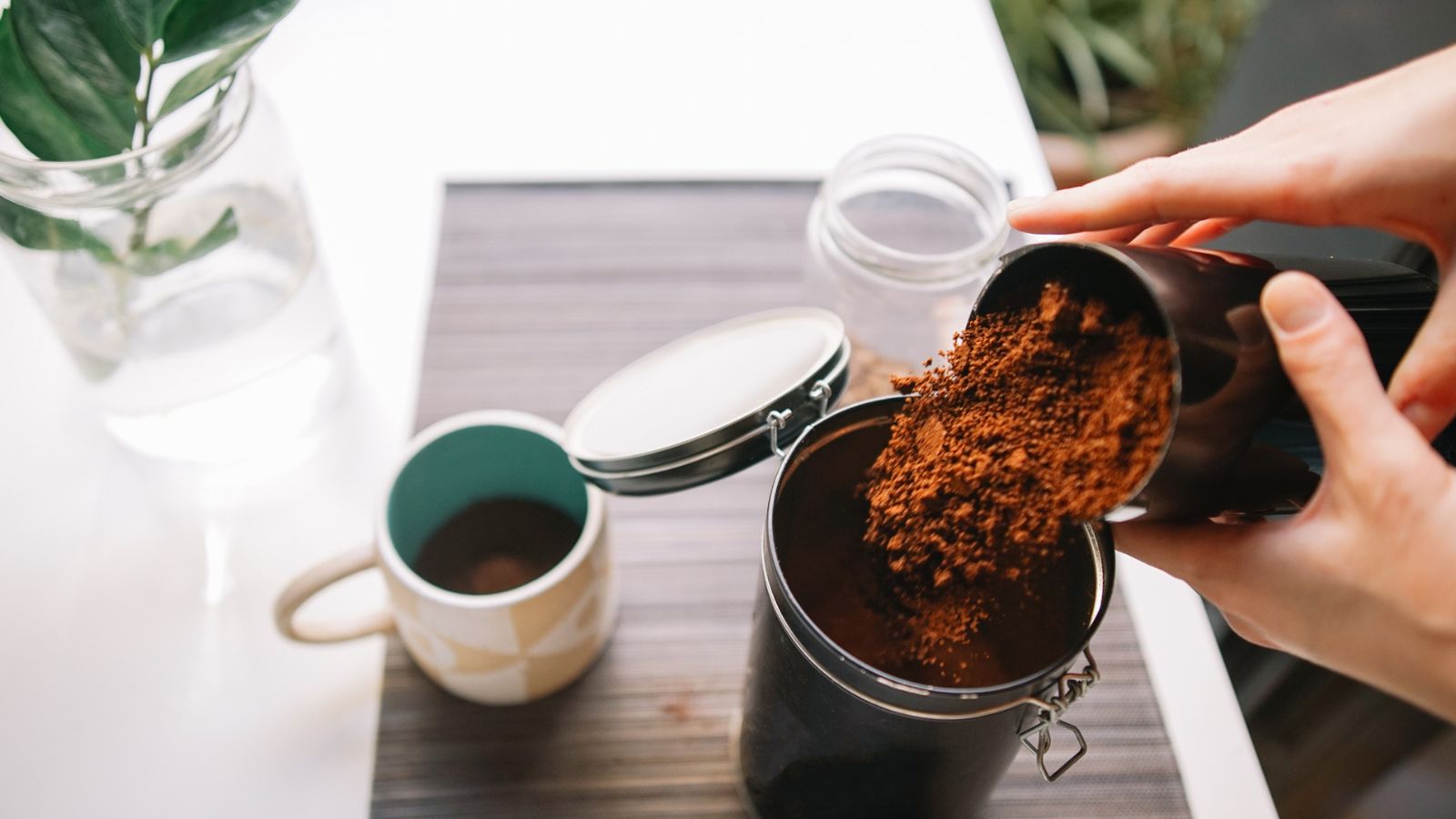
If you're striving for perfection, it's important that you know how to store coffee grounds to keep them fresh and delicious. As soon as they're exposed to light, heat, humidity, and oxygen all the aromatic oils will start to break down, meaning your coffee will taste stale and bitter.
There are two key factors to consider if you want to keep enjoying your coffee's flavors at their finest. First, you need one of the best coffee grinders on the market. These won't damage your beans as they grind them up and will likely come with some kind of storage solution. You will also need a good coffee canister. These protect against all the environmental factors that could damage your beans and can keep your grounds fresh for up to a month.
These two will set you up for success, but there are other important factors to consider, such as how you store your coffee beans, where you store your coffee (in a pantry or the freezer), how much coffee to grind at once (only a serving), and how long your coffee will stay tasting good for. We put these questions to baristas, so here's everything you need to know if you want to keep your coffee fresher for longer.
Why use coffee grounds?
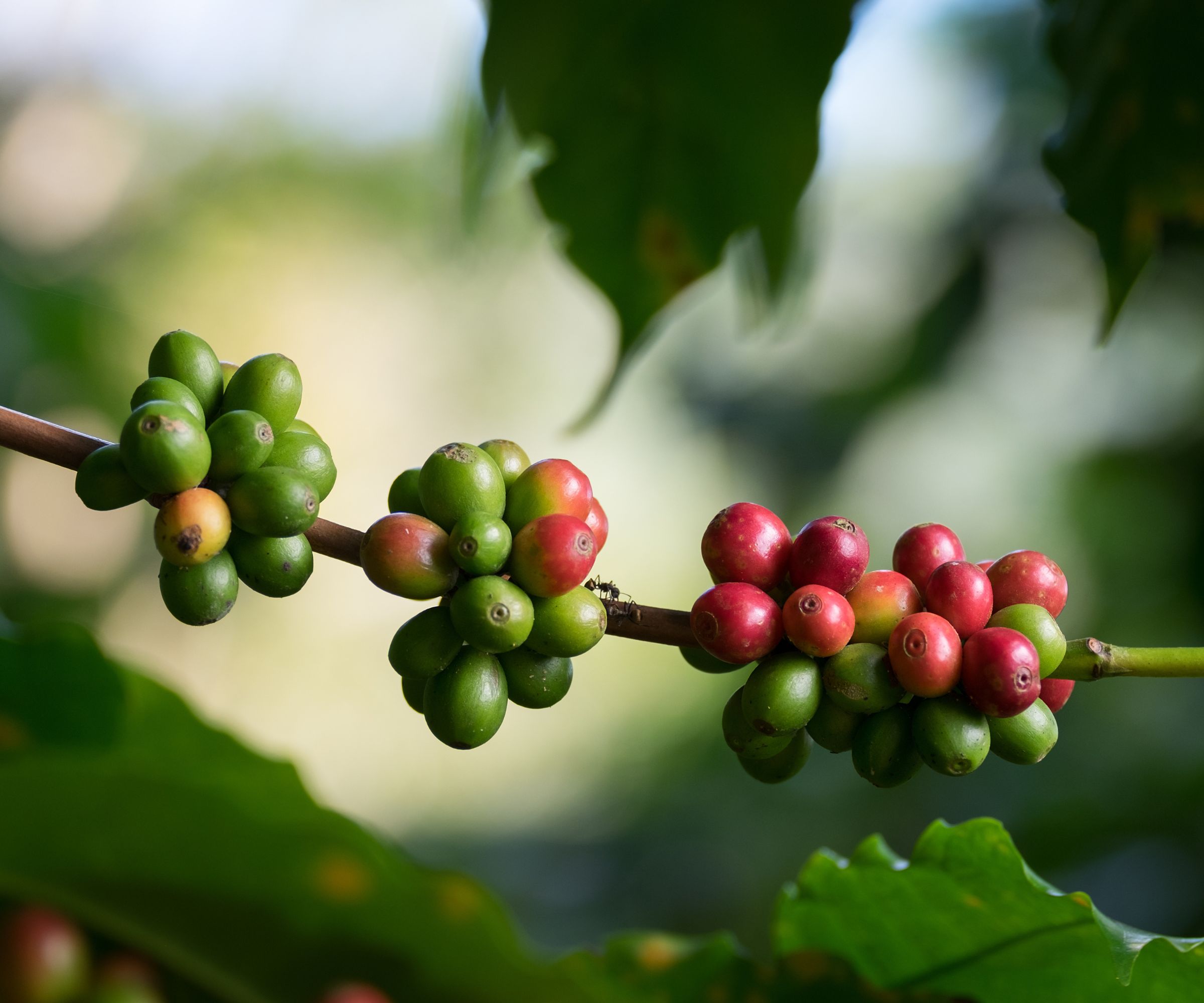
Coffee grounds form the backbone of all good brews. They're everywhere too: your barista uses them for espresso, you pack them into your reusable pods, and you sit them in your drip coffee maker. Even a seemingly magic bean-to-cup machine is busy grinding beans to make the best possible coffee.
Coffee starts its journey as plump, red or green beans. When the beans are roasted, they turn a mahogany brown. Roasting brings out the aromas and flavors of the beans, whilst dehydrating them. Having a lower water content means that they'll last longer and taste much better when you've ground them.
Genevieve Kappler, Director of Coffee at Roasting Plant, says that 'Buying fresh, just-roasted, whole bean coffee is the best option for the perfect brew. Roasted coffee is highly volatile and loses much of its flavor and aroma within 7 to 10 days. So, I'd always recommend purchasing just-roasted coffee in bean form and consuming it within 7-10 days.' She says that whole beans carry the flavor and aroma, but protects them from exposure to oxygen. The shorter time frame you have between roast and brew, the better.
I asked Kayla Stavridis, Head of Marketing at Barista HQ, what good coffee tastes like. She said to look for 'A rich, robust flavor: the bitterness should be pleasant, not overpowering, and it should balance well with the acidity. When tasting fresh coffee, you should notice a slightly sweet, fruity, or even chocolatey note, depending on the type of bean you use.' In other words, if you're not getting those notes it's either because you're using instant coffee or your grounds have gone stale.
Design expertise in your inbox – from inspiring decorating ideas and beautiful celebrity homes to practical gardening advice and shopping round-ups.
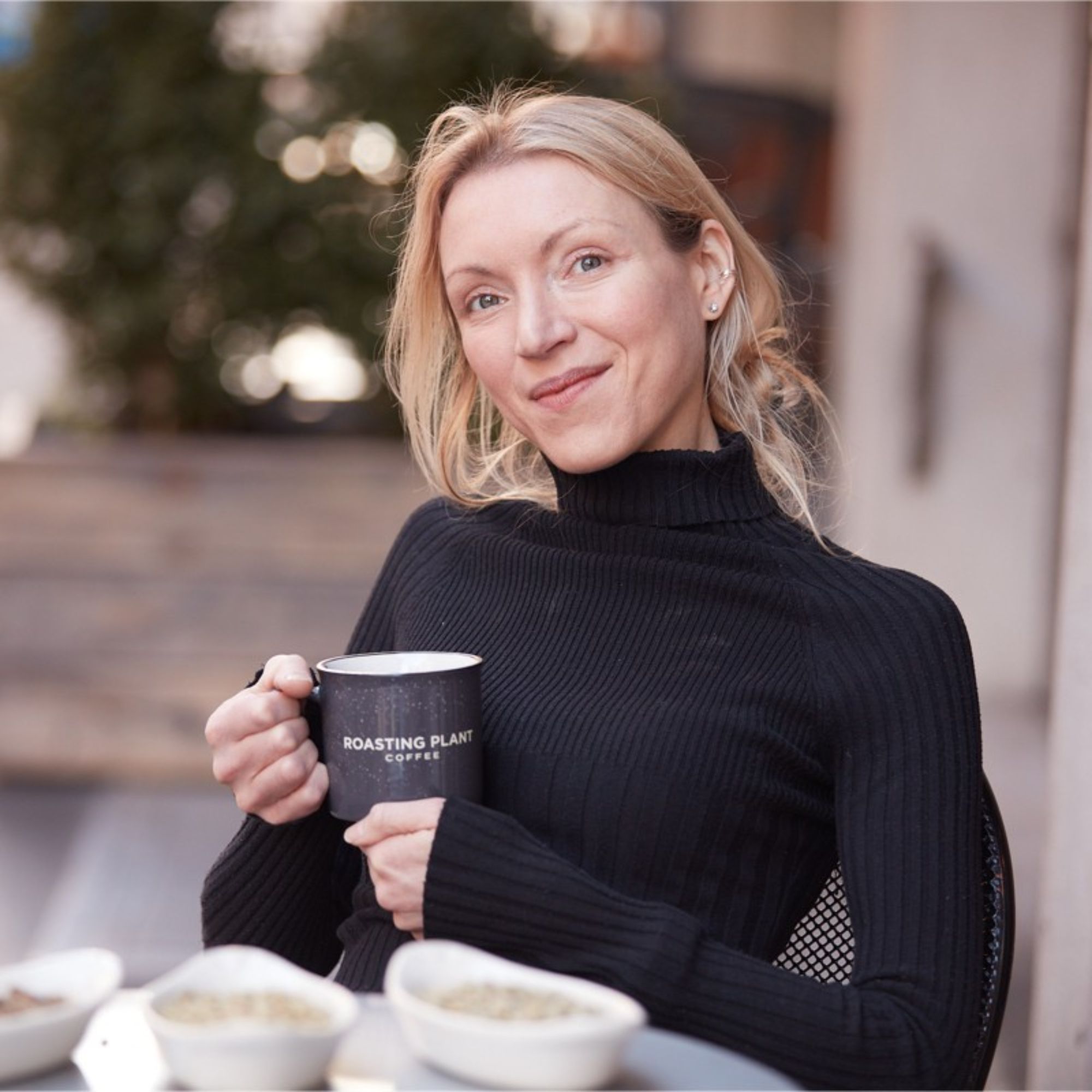
Genevieve Kappler is the Direct of Coffee at Roasting Plant. Here she is a roasting technologist too, so she knows all the science behind what makes a full-bodied brew . She has years of experience behind her, so is well-placed to advise us on coffee content.
How to store ground coffee
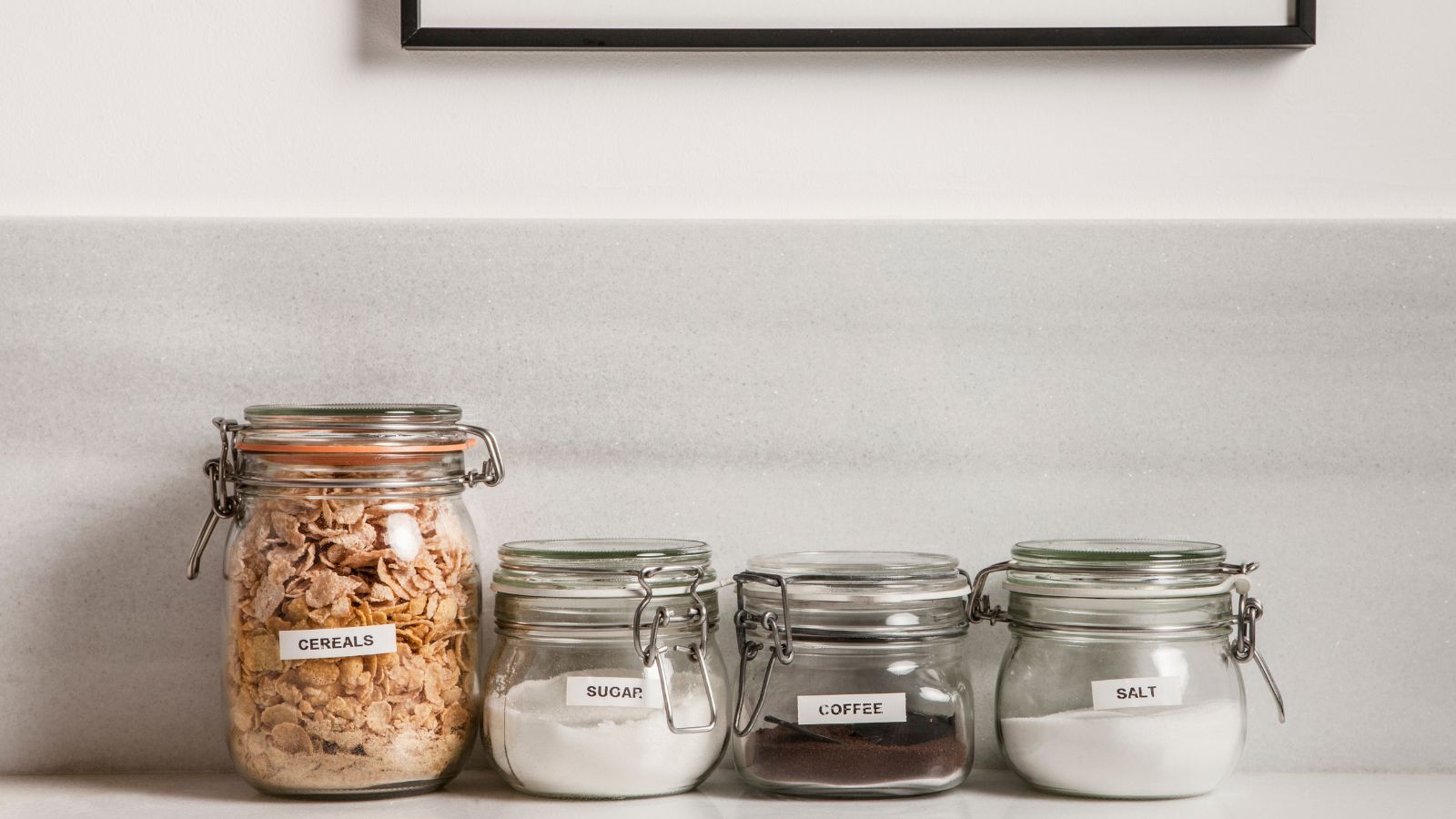
Grinding your beans every day isn't always a possibility, so it's useful to do a batch grind in advance. However, if your grounds aren't stored properly, your they won't taste good, even a few hours after grinding. You need to protect against light, moisture, and warmth. These three key factors can skew your brew's flavors and waste your coffee beans because they speed up the reaction between your coffee grounds and the oxygen in the air. However, you can easily protect against them.
You should store your coffee beans and grounds in your coffee maker, in a freezer, or simply in the cupboards. You cannot and should not store your coffee in the refrigerator. Lots of people do, thinking that the cooler temperature will slow down the oxidation process. However, the temperature in a refrigerator is perfect for condensation, meaning that your grounds become moist. As they absorb the water, even if the pack is sealed, they'll start to taste stale and a little dusty rather than aromatic and punchy.
If you're using store-bought coffee grounds, make sure to check shelf life, but there's a couple of caveats here. Lukas van Vyve, founder of Emergent Brew, advises that grounds can be used up to of 4-5 months from the expiration date. However, he adds a warning that 'coffee starts to lose flavor as soon as it's ground, so it's best to consume grounds within a month of opening or grinding'.

Lukas is the founder of Emergent Brew, a place for at-home baristas to search for everything from recipes to recommendations. He's a passionate and proficient coffee connoisseur so we trust him for tips and tricks.
Should I put grounds in the freezer?
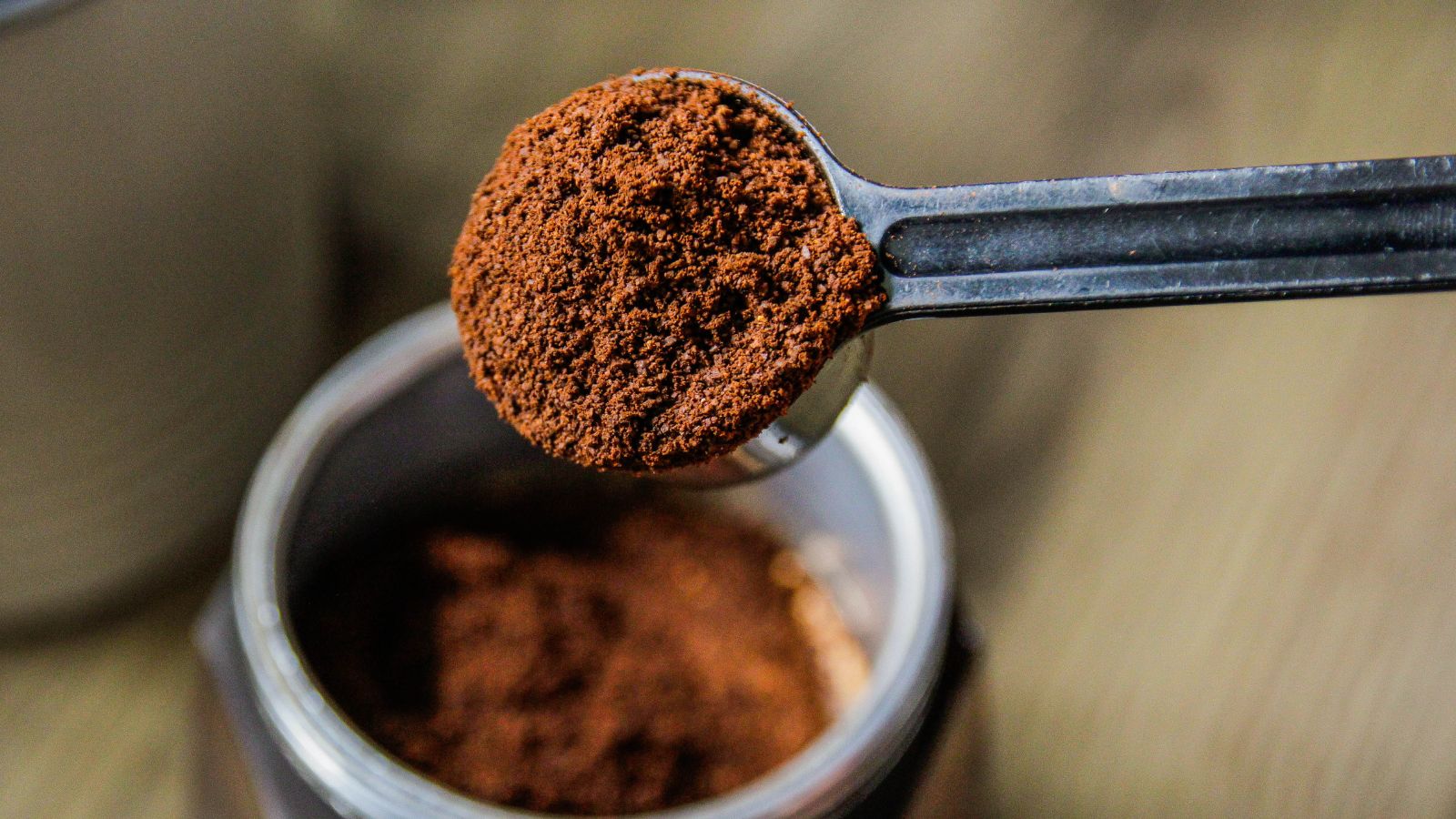
If you've got lots of coffee grounds and you want to make sure that they don't perish, the freezer is an easy place to put them. Kayla says that frozen coffee grounds can stay fresh for up to two years if stored properly. I'd be more cautious and store coffee grounds in the freezer for no more than six months - That way you'll never risk a bad cup of coffee.
The freezer is a brilliant storage option because coffee is heat-sensitive. Keeping your grounds cold will slow down the degradation process, but if the temperature fluctuates too much, your grounds will suffer. Once your coffee is ground, put it in a sealed bag. If you have vacuum and seal bags like these on Amazon, that's perfect. If you don't, I'd consider investing in them. This will minimize oxygen and moisture exposure. Try to avoid taking the bag in and out of the freezer, because the temperature fluctuations can create condensation, which will affect the taste of your beans.
If possible, place a week's worth of coffee in each bag, then you can defrost them the day before you need them. You don't want to be using them when they're still cold; room temperature is the best temperature for extraction.
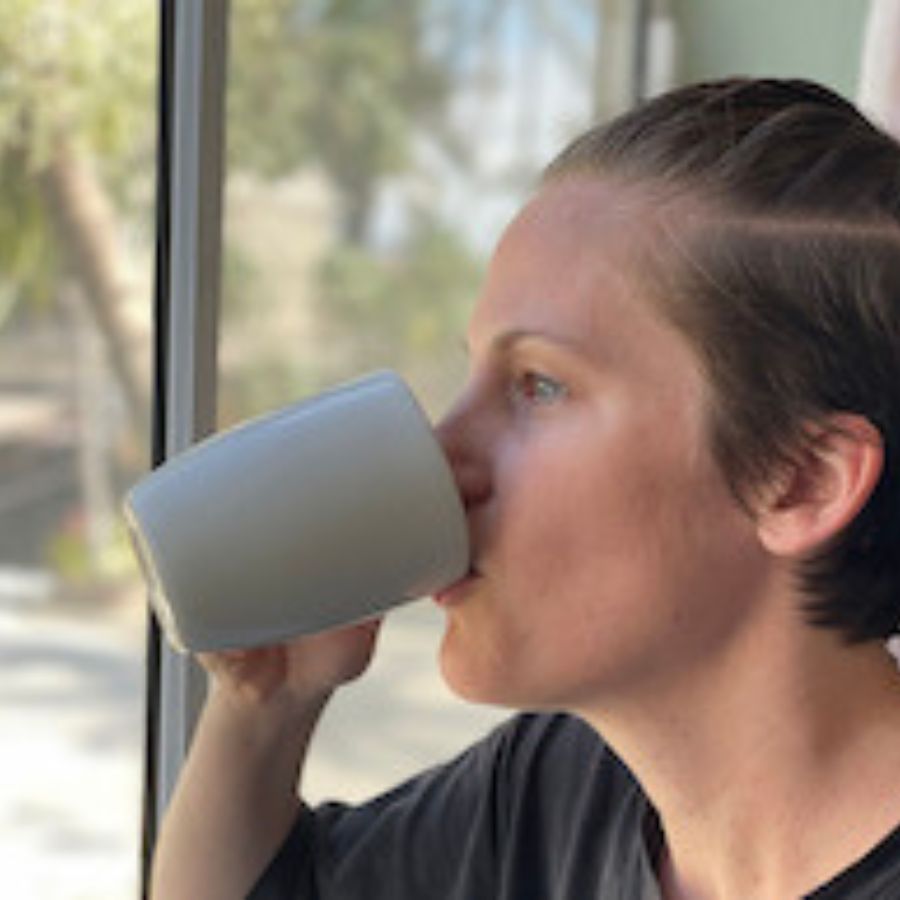
Kayla is a self-confessed coffee obsessive. She's immersed in all things related to coffee, so is well-positioned to advise on how to make the most of your cup of joe. Barista HQ is a place for coffee-fanatics to find out more about their brews.
Should I store ground coffee in a cabinet?
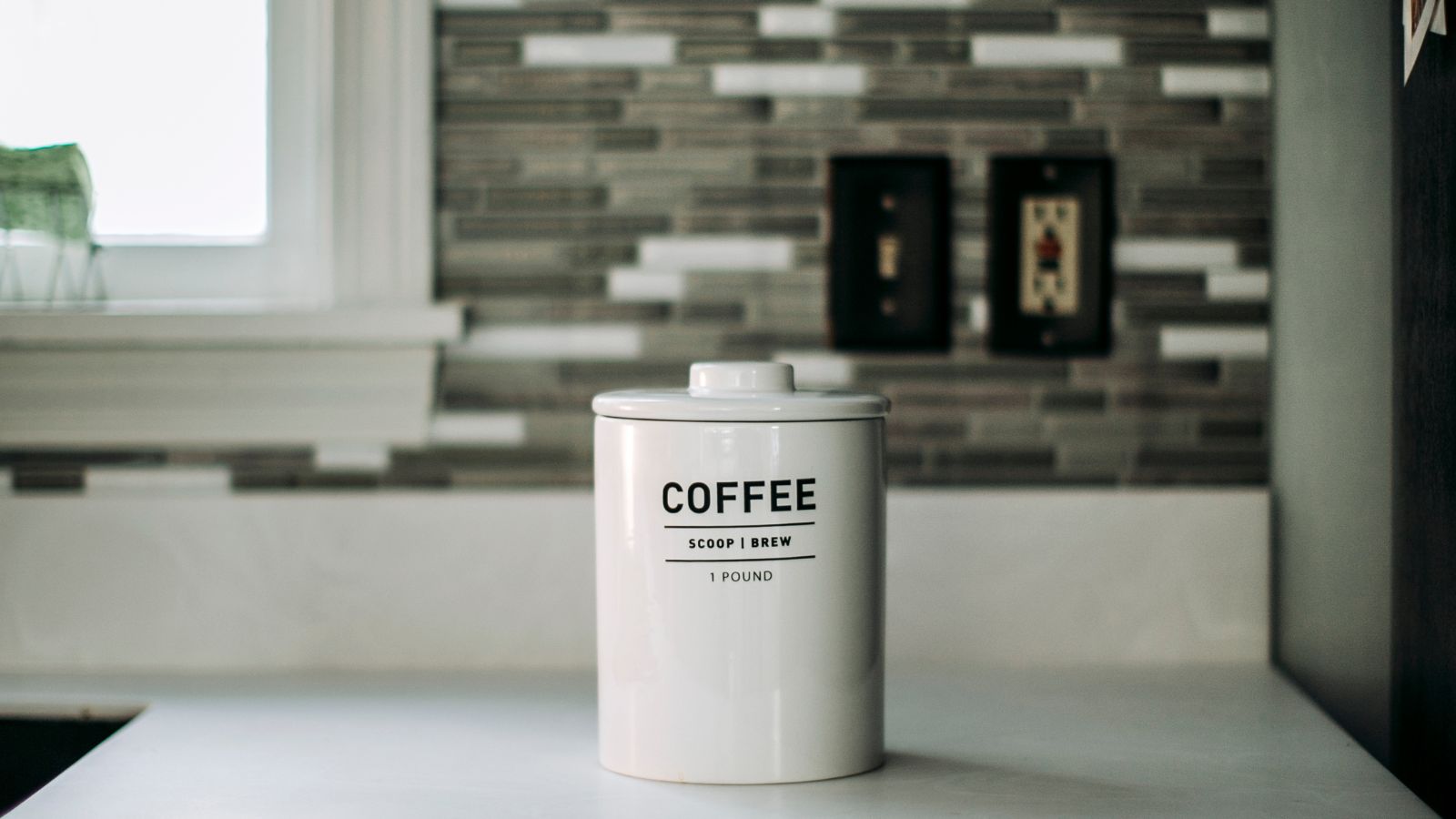
The next culprit that could make your grounds grim is moisture. Tempting as it is to keep your grounds in glass jars and clear bean hoppers, the sunlight will break down all the flavorful aromas. If you keep them in an opaque, airtight container like these from Wayfair they'll retain much more flavor. Even better, if you have a cool cupboard, you'll be slowing down the reaction between oxygen and your grounds too. Experts recommend not to use a container where the metal might be reactive. We have a whole buying guide for the best coffee canisters, but these are our top three picks:
Keeping grounds from light: in your machine
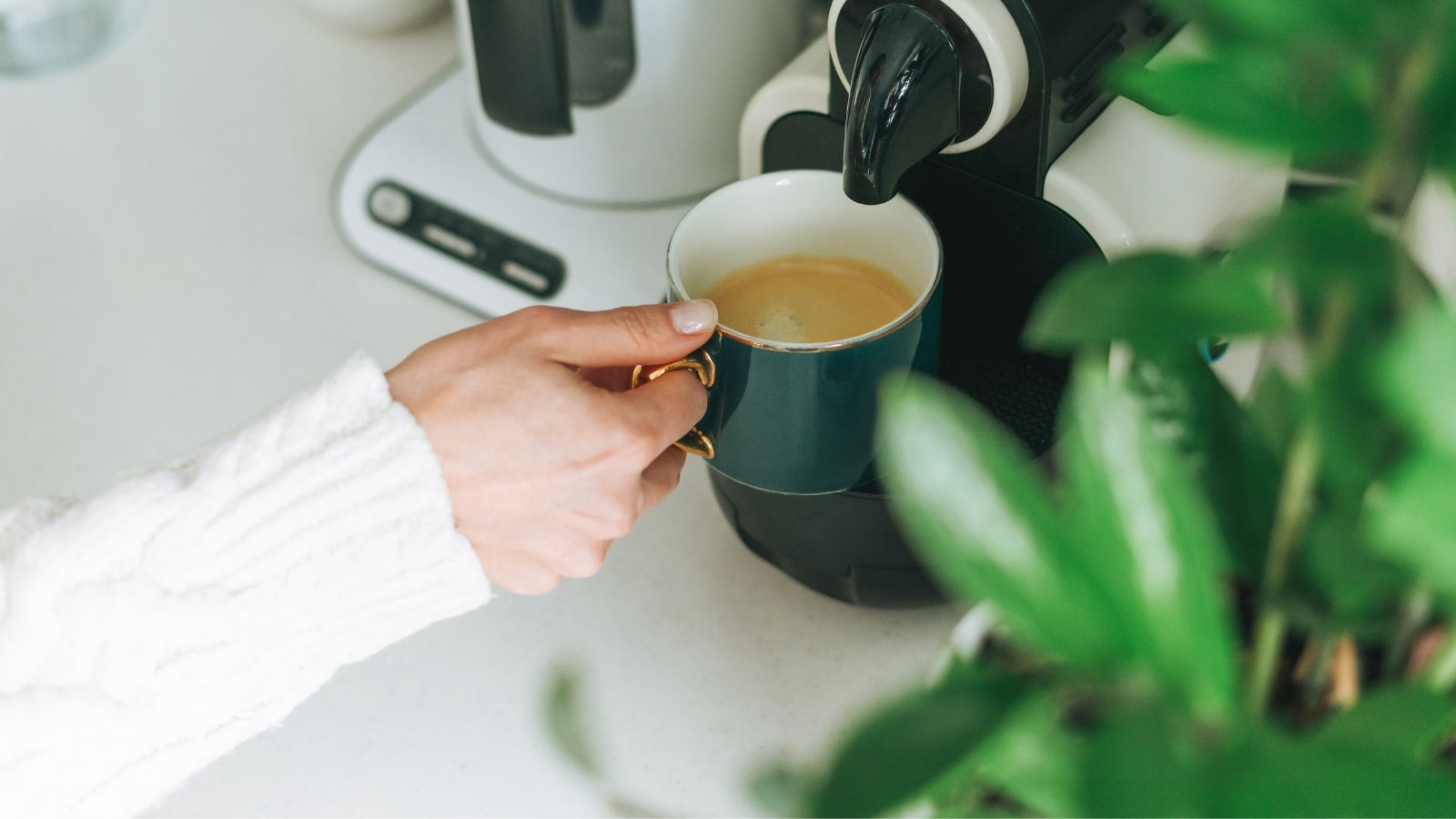
This is a bit of a cheat. You can buy coffee makers where the bean hoppers are tinted or hidden from sunlight. This means that you can keep a week's worth of beans in your machine as long as it's airtight. If it is, this is the easiest option. Your beans are ground minutes before use and they're well-protected by an expert appliance. This isn't every coffee maker, so check carefully. If your coffee doesn't taste full-bodied and fresh, your hopper might not be as good as you think. Also, make sure not to overload your bean hopper: never put more than a week's worth of beans in. As a precaution, keep your coffee maker out of sunlight (not in the window), so that it has the best chance of preserving your grounds.
Kayla Starvridis told me that coffee makers integrated grinders 'simplify the process and ensures that you're always brewing with the freshest grounds.' Short of that, she re-emphasized that a quality grinder is a 'must-have if you want to grind your own beans, as freshly ground coffee has a superior taste. My personal favorite is a burr grinder, as it grinds beans to a consistent size.'
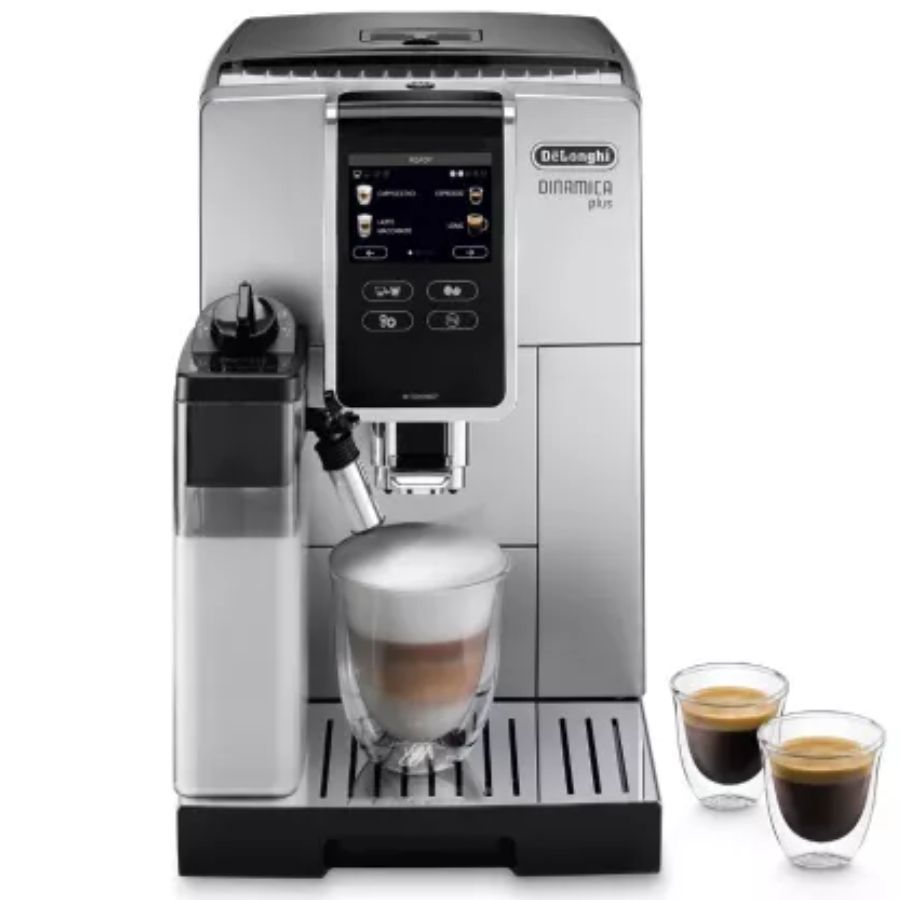
De'Longhi's bean hopper is well-sealed. It makes a range of sixteen, incredible coffees, all of which are freshly ground. The taste reflects the grinder: it's brilliant.
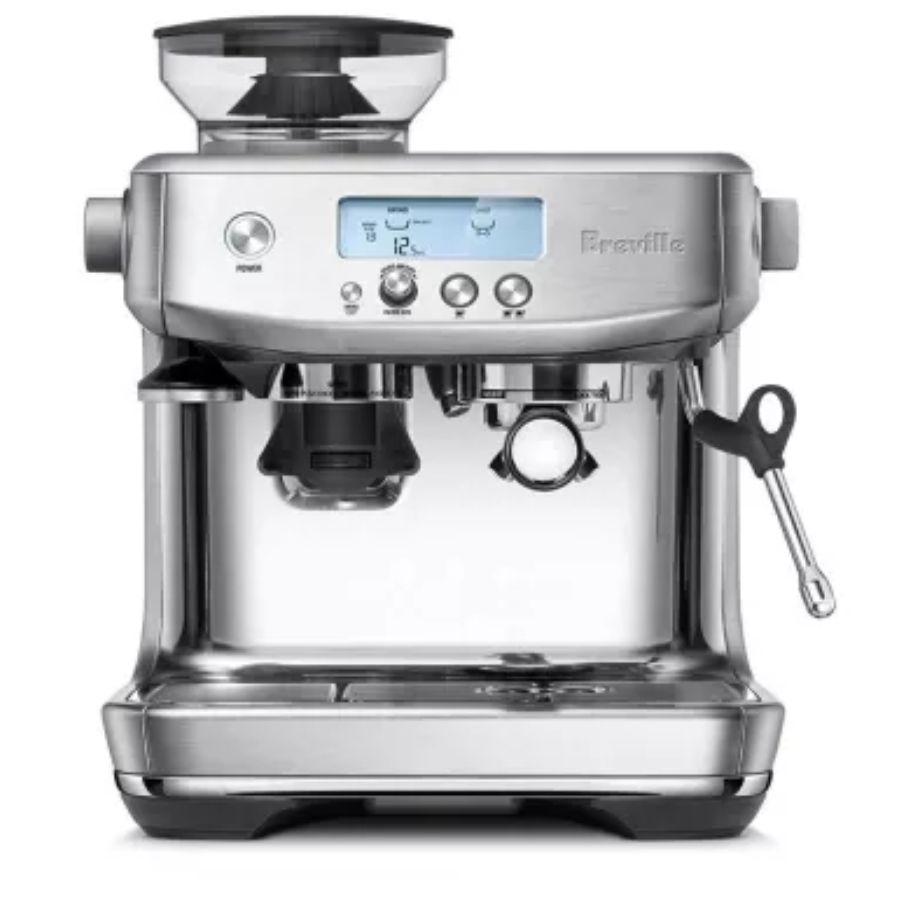
If you like hands-on, barista-style coffee, you'll want an espresso machine. This strikes the balance of quality and price. The airtight, tinted bean hopper is perfect for storage too.
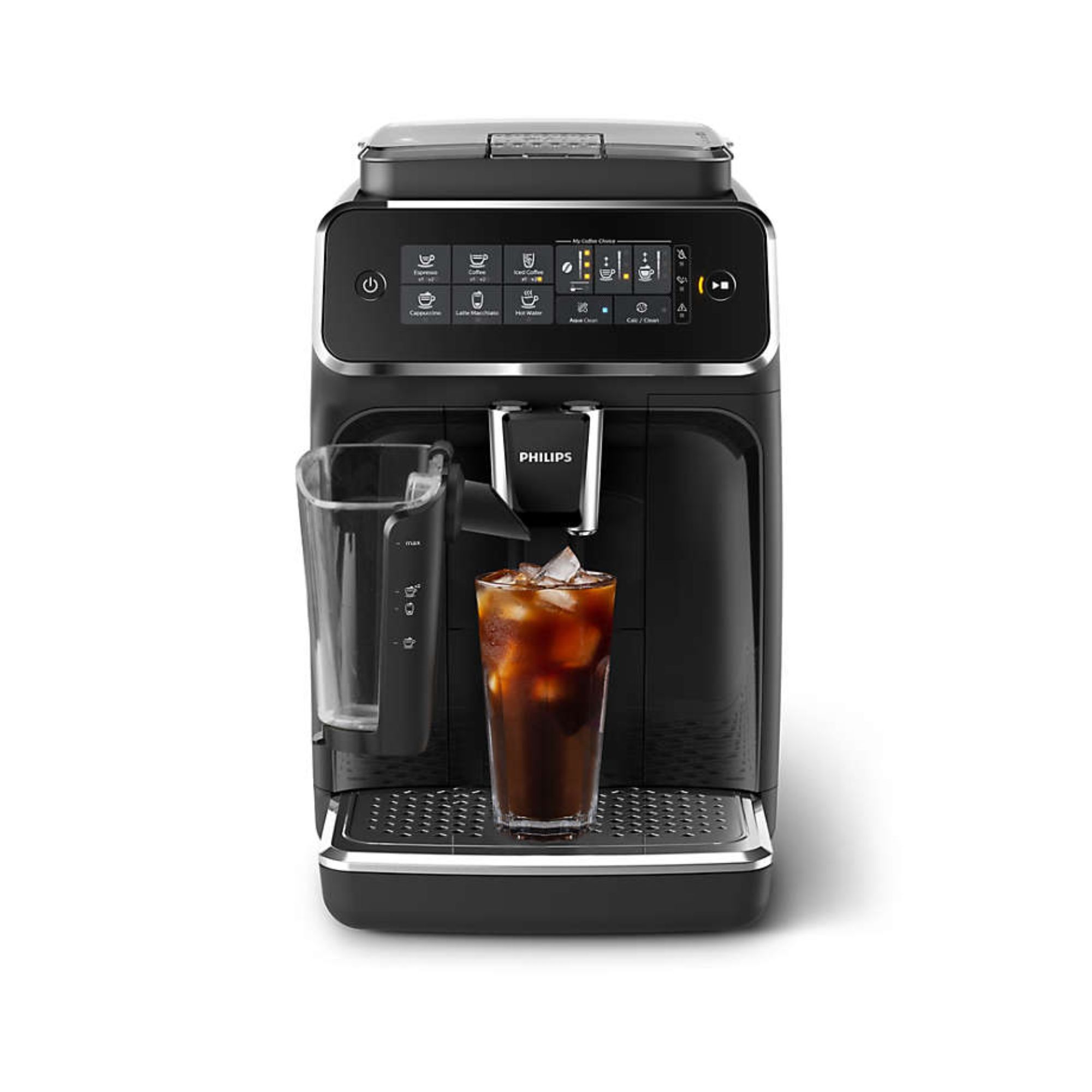
This is our favorite coffee maker. Not only is the integrated bean hopper well sealed and concealed, it makes incredible coffee. It's fully automatic and easy to use too.
How long will they stay fresh for?
There's no fixed time period for which your coffee grounds will be at their best. If you've bought ground coffee from the store, check the date and guidance on the packaging. Cary Wong, the Director of Coffee at Partners, says 'If unopened, the packaging you bought the coffee in will keep it fresh for a long time. Some companies even sell airtight oblique containers like this one which we created with Miir.' He also recommends the Fellow Atmos Vacuum Canister which is also available at Amazon. If you've ground coffee yourself and stored it properly, your coffee can last anything from two weeks in your cupboards to six months in the freezer. Mistakes happen and these don't need to go in the bin. Your plants will thank you for some coffee grounds. Make sure to store and brew them properly to make the most of the flavor.

Cary is responsible for the presentation and service of all Partners' offerings. He serves as the "palate" for Partners Coffee, ensuring standards are met for the coffee program and the presentation of all product lines. With 5 years of specialty coffee experience, he is entrusted with assessing education, training, customer service and coffee quality in collaboration with Partners' Green Coffee Buyer, Cafe Managers, and Business Directors.
FAQs
What is the best way to store ground coffee?
In the freezer, in a vacuum-packed bag, your coffee can last up to two years. However, you'll need to carefully portion your grounds so that you're not always defrosting and refreezing your grounds. I would keep my coffee beans for as long as possible and then grind them just before I need them.
Should you keep ground coffee in the fridge?
Never keep coffee grounds in the refrigerator. This is the perfect temperature for condensation, which will ruin your coffee. Instead, keep them in a cool, dry, dark cupboard or a freezer.
What is the best container to store ground coffee in?
An airtight, opaque ceramic or glass container. We have a whole buying guide dedicated to the best coffee canisters where you can see our tried-and-tested favorites.
How long can you store ground coffee?
Anything from two weeks to two years depending on how you store it. Coffee will last longer as a whole bean rather than grounds. It'll last longest in a vacuum bag in the freezer.
Is it okay to store ground coffee in plastic containers?
If the container is airtight and opaque, plastic is fine. We would recommend glass or ceramic as better options, but plastic is fine.
What do bad coffee grounds taste like?
It might taste bitter, overly acidic, unbalanced, or a little stale. This is likely because you have left your coffee grounds open to air, light, and heat. It could also be because you are over or under-brewing your coffee though.
Does keeping ground coffee in the freezer keep it fresh?
Yes. You can keep ground coffee in the freezer for up to two years according to experts. Make sure that it is in a vacuum-sealed bag and that you don't take it in and out of the freezer often. The fluctuating temperatures can make it taste stale.
My Verdict
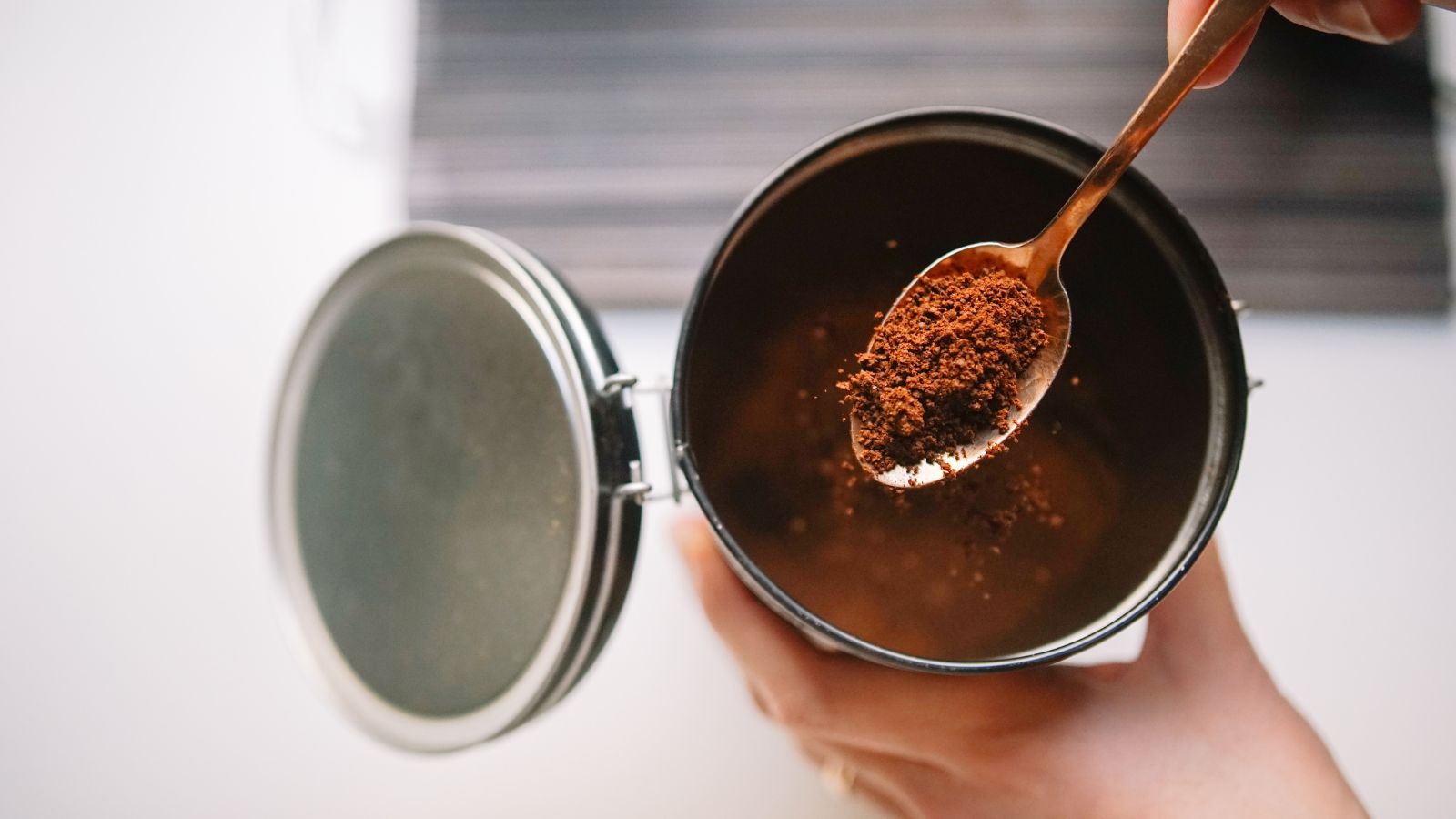
At the risk of sounding like a broken record, using freshly ground coffee is the best way to make your brew. If you keep it protected from light, heat, and oxygen, you'll keep your coffee fresher for a lot longer. I'd seriously consider investing in a grinder, because then you have control over the freshness of your grinds, resulting in a more flavorful cup. If that isn't an option, you can't go wrong with keeping them in the freezer.

Laura is our eCommerce editor. As a fully qualified barista, she's our expert in all things coffee and has tested over thirty of the best coffee makers on the market. She has also interviewed Q-Graders and world-leading experts in the coffee industry, so has an intimate knowledge of all things coffee. Before joining Homes & Gardens, she studied English at Oxford University. Whilst studying, she trained as a master perfumer and worked in the luxury fragrance industry for five years. Her collection of home fragrance is extensive and she's met and interviewed five of the world's finest perfumers (also known as 'noses'). As a result of this expansive fragrance knowledge, she always puts quality and style over quantity and fads. Laura looks for products which have been designed simply and with thoughtful finishes.
